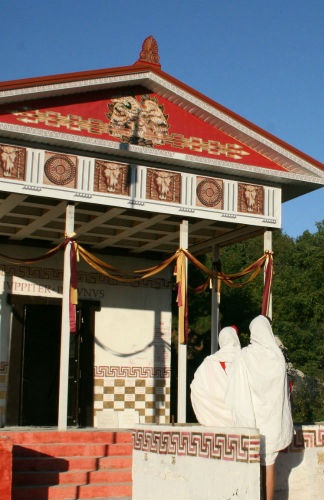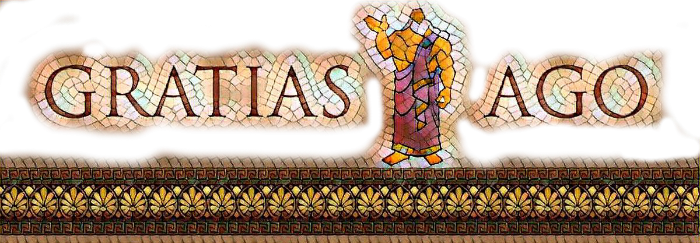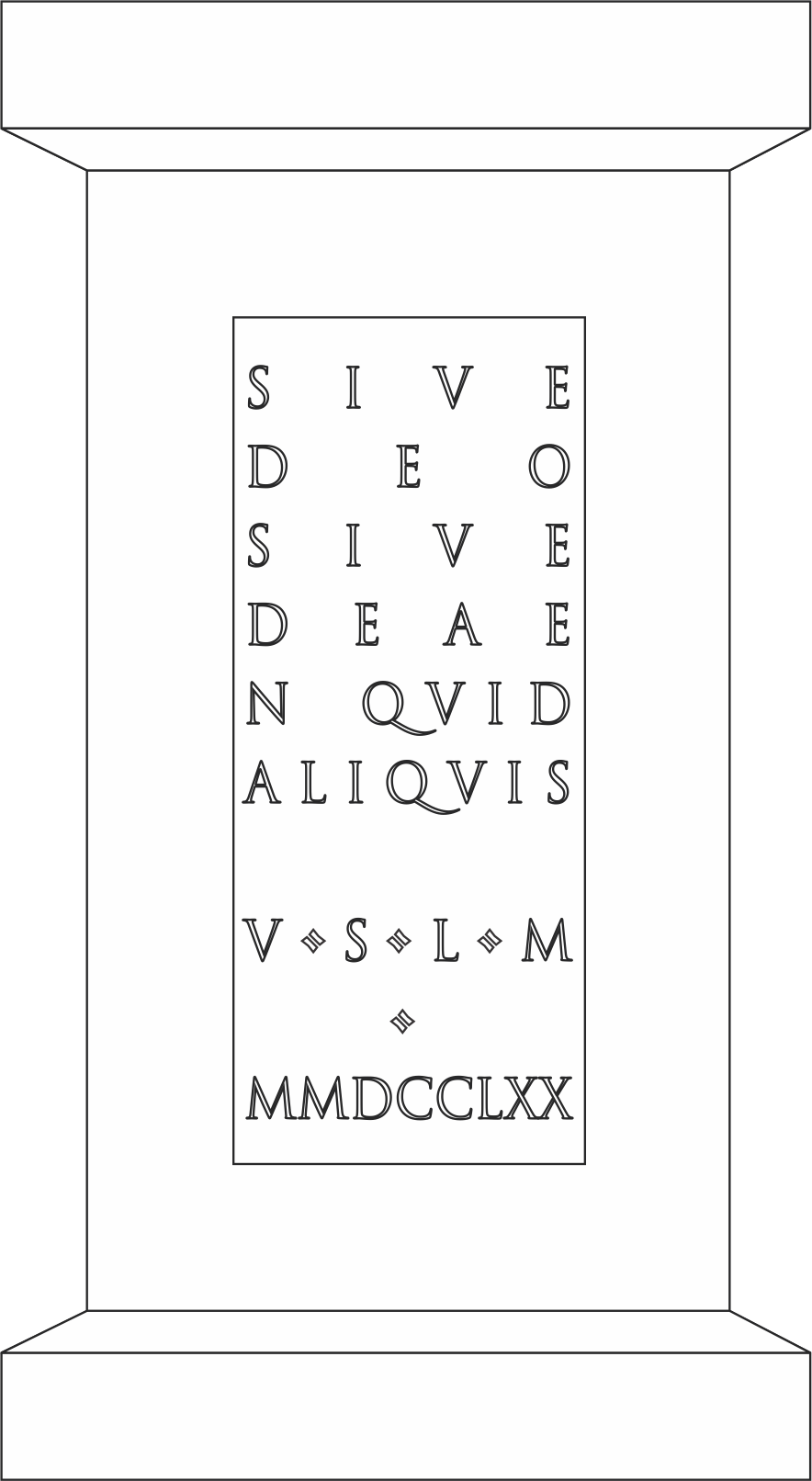
Today it is Dies Neastus Publicus – the day reserved for religious holidays. They are almost like Dies NEFASTI, but administrative activities must not be performed during them. It is not recommended to perform any kind of physical labor. So, if you want to hang out with your fellow- Romans – don’t talk about serious matters – just gather together and praise a God or a Goddess to whom this specific day is dedicated. Oh! And don’t forget to give your slaves a day-off!
It is the 5th day before Nonae Ianuariae.
It is the B nundial day, the 4th day before Nundinae – the market day this year.
On this day Roman celebrate one of the Agonaliae: an Agonium occurs on January 9 in the Fasti Praenestini, albeit in mutilated form. In Ovid’s poem on the Roman calendar, he calls it once the dies agonalis (“agonal day” and elsewhere the Agonalia, and offers a number of etymologies of varied plausibility. Festus explains the word agonia as an archaic Latin term for hostia, a sacrificial victim. Augustine of Hippo thought the Romans had a god named Agonius, who might then have been the god of the Colline part of the city. The etymology of the name was also a subject of much dispute among the ancients. The various etymologies proposed are given at length by Ovid. None of these, however, is satisfactory. One possibility is that the sacrifice in its earliest form was offered on the Quirinal Hill, which was originally called Agonus, at the Colline gate, Agonensis.








